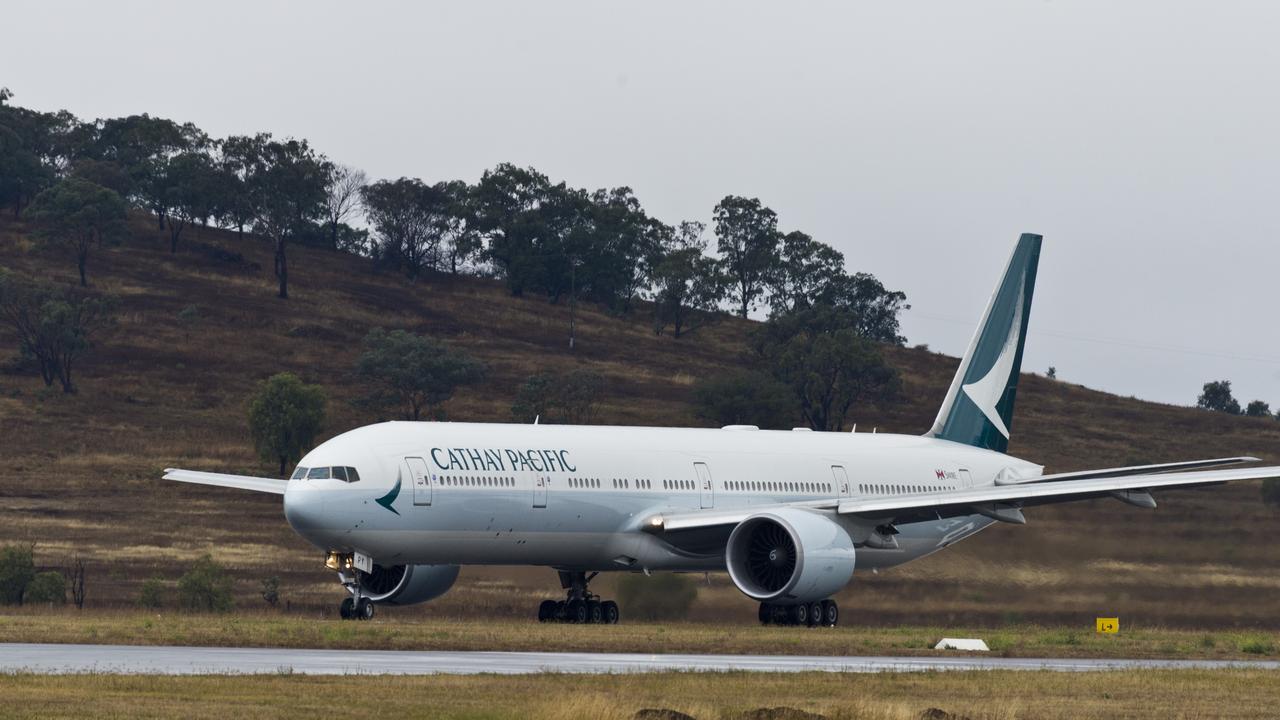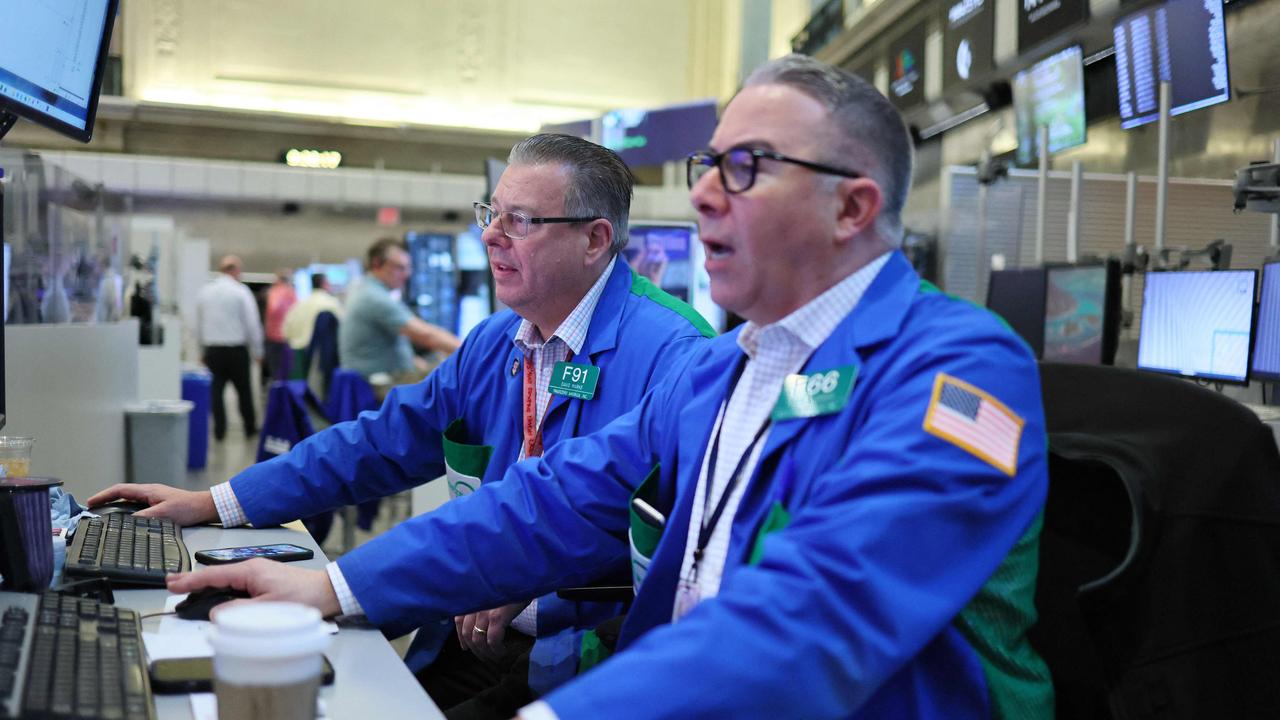‘This will be a wake-up call’: Insurance premiums set to rise in wake of LA fires
Experts are warning of further price hikes to insurance premiums in Australia when local insurers are hit with higher reinsurance bills.
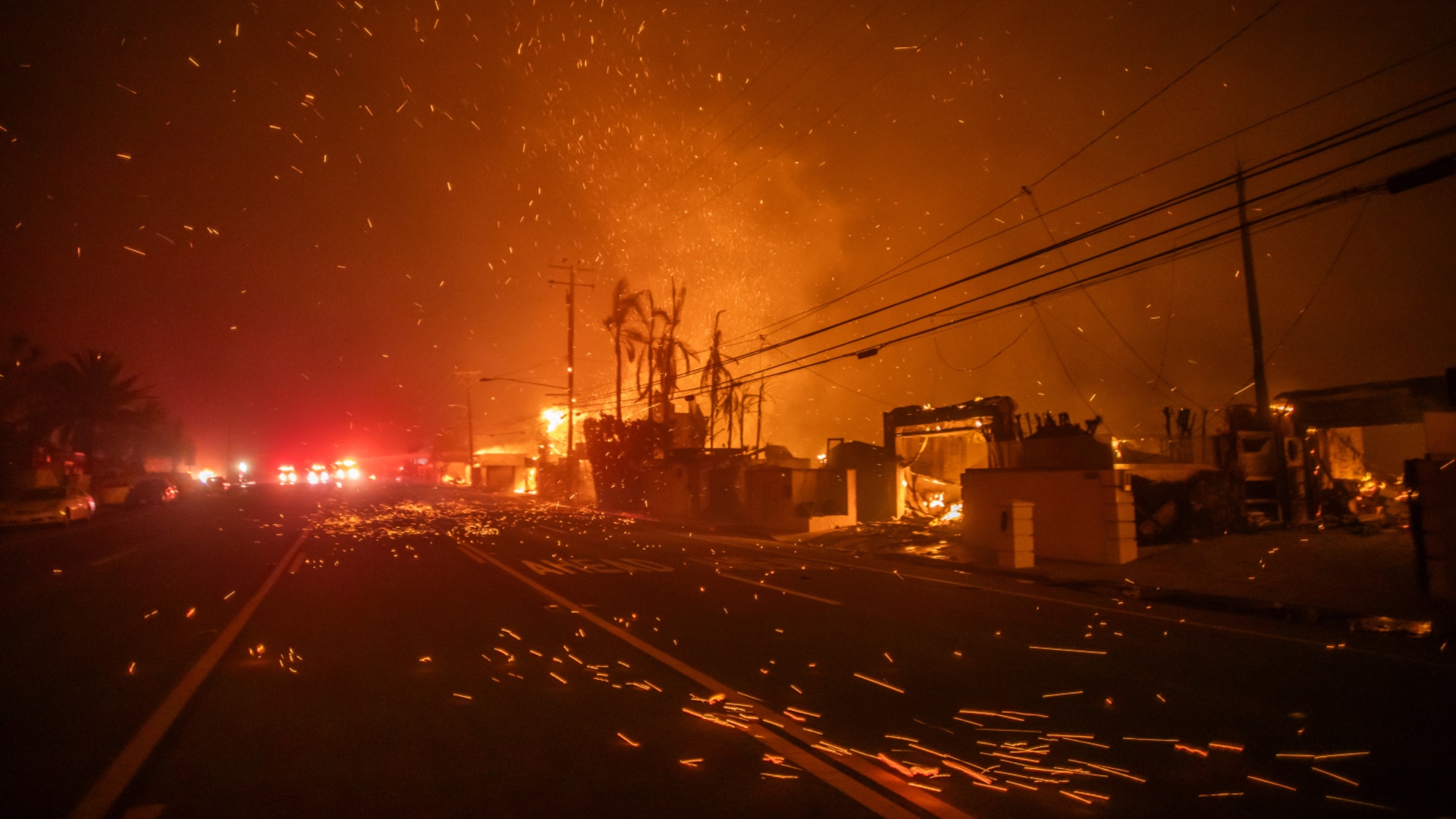
Business
Don't miss out on the headlines from Business. Followed categories will be added to My News.
Australian farmers are being warned to brace for further price hikes to their insurance premiums as insurers look to cover the ballooning cost of unseasonal fires in the US.
The warning comes after consecutive years of significant price hikes for farm insurance policies that in some cases have risen by as much as 200 per cent within just a few years.
Professor Paul Kofman, Dean of the Faculty of Business and Economics at Melbourne University, said Australian insurers were linked to global events through the handful of major providers of reinsurance.
“The global reinsurance industry is concentrated; the top 10 reinsurers account for nearly 65 per cent (of the market),” Professor Kofman said.
“Conglomeration of reinsurance companies at first reduced premiums by virtue of diversification benefits. In the last few years, the correlation of risks has strengthened, eroding the benefits of diversification,” he said, citing the unseasonal fires in the US as an example.
As of Wednesday afternoon, US officials said at least 25 people had died in the fires in Los Angeles and more than 12,000 structures had been destroyed. Early estimates have put the cost of the damage at US$250b, making it the most expensive fire in American history.
Professor Kofman said climate change has also made insurance more expensive in recent years due to the increasing frequency of natural disasters.
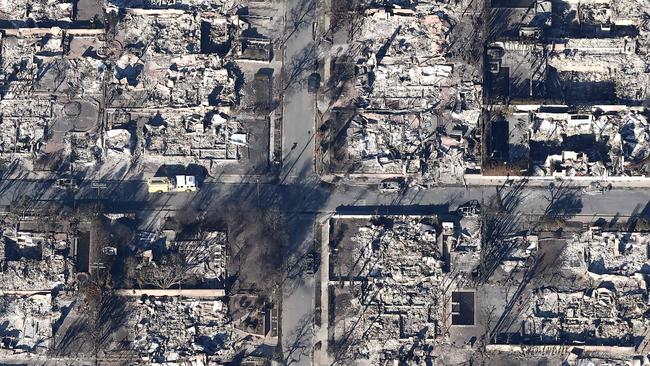
The latest Australian Bureau of Statistics figures show insurance prices rose 14 per cent in the 12 months to the September 2024 quarter, just shy of the 16.4 per cent increase in 2023 – the highest rise since March 2001.
Professor of strategic management at the University of Queensland and a global expert in disaster insurance gaps, Paula Jarzabkowski, said the LA fires were certainly going to impact reinsurance budgets that have already been affected by disasters around the world.
“It’s going to make it more clear to Australian insurers and reinsurers that Australia also has high value assets, we just haven’t gone though a high population density area. This will be a wake-up call for them to cover those potential disasters,” she said.
“We’re getting this unseasonal pattern of weather where normally we’d expect that our fire season is not their fire season, so that diversification used to spread the risk.”
Professor Jarzabkowski said the insurance industry was at a tipping point as it became increasingly unaffordable.
“We need better risk mitigation, all the while acknowledging that we need to maintain food production and the supply chain,” she said.
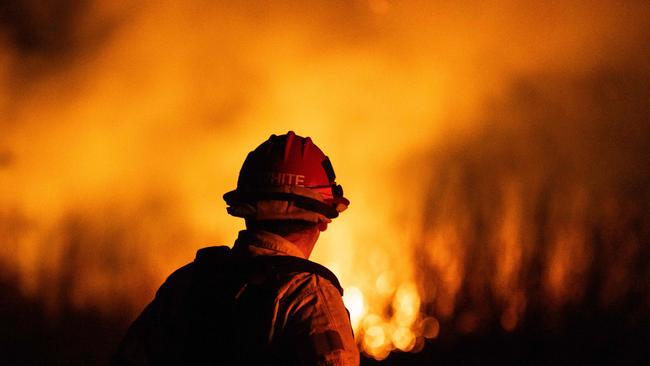
Professor Kofman, who was born in the Netherlands where farmers are assisted by a $91b EU government subsidy scheme, said it could be time for the Australian government to subsidise premiums for farms.
“It becomes a controlling cost component, if insurance premiums rise by too much, farms may not be able to continue operating. Then it comes to the point, is the land sufficiently valuable to consumers to support the farming community?”
The Insurance Council of Australia’s general manager of climate, social policy and international engagement, Alix Pearce, said it was too early to predict whether there would be cost implications for local insurance markets.
“However, the California wildfires have occurred in the context of a global reinsurance industry that has already been stressed by more frequent and severe extreme weather and rising inflationary pressures,” Mr Pearce said.
“Australia remains a well-insured nation, however upward pressure on insurance premiums is particularly evident in high-risk parts of the country, driven by worsening extreme weather, inflationary pressures, global reinsurance prices and supply chain shortages.”
He said these factors were widening the insurance protection gap, leaving more Australians vulnerable when disaster strikes and putting increased pressure on government resources to respond.
Originally published as ‘This will be a wake-up call’: Insurance premiums set to rise in wake of LA fires




